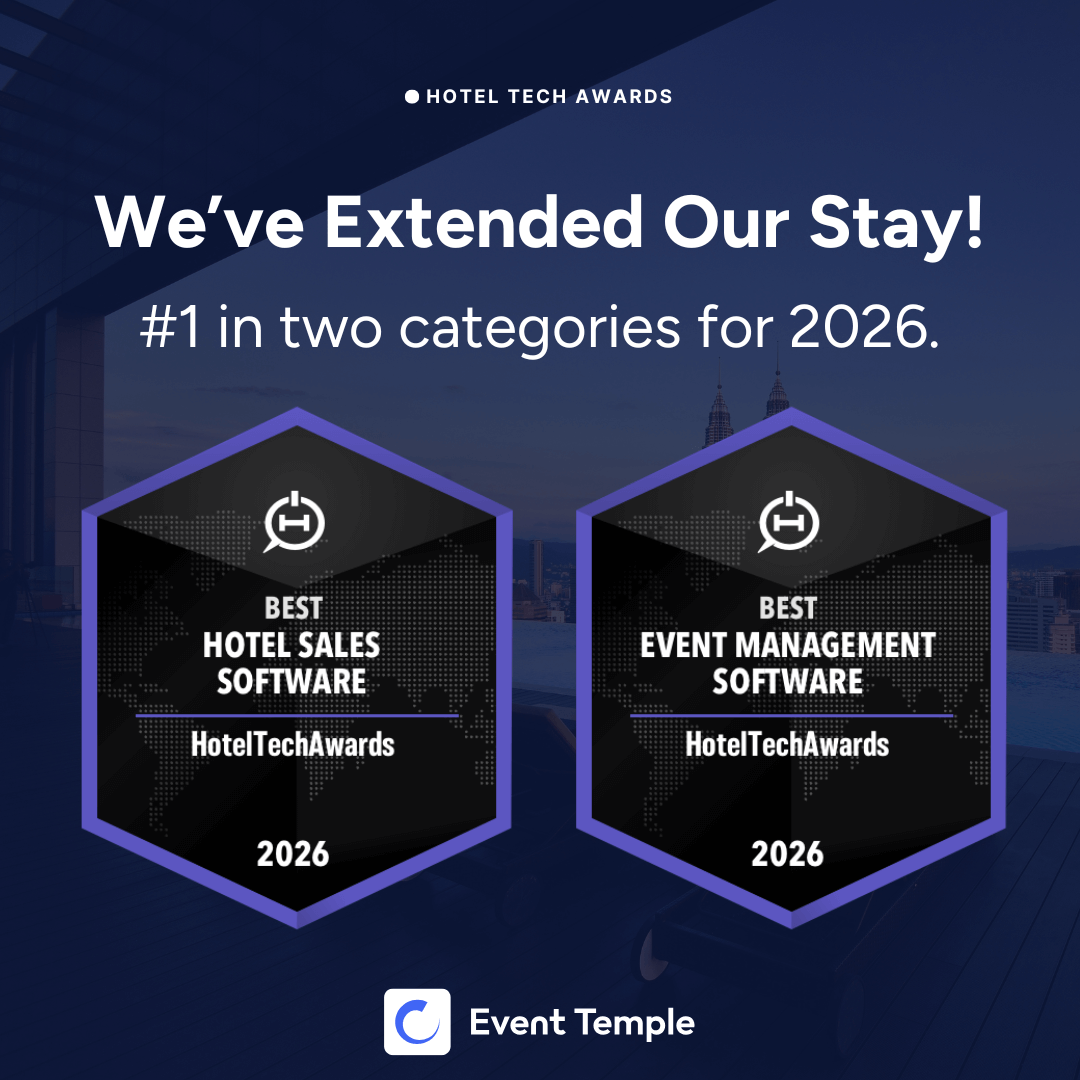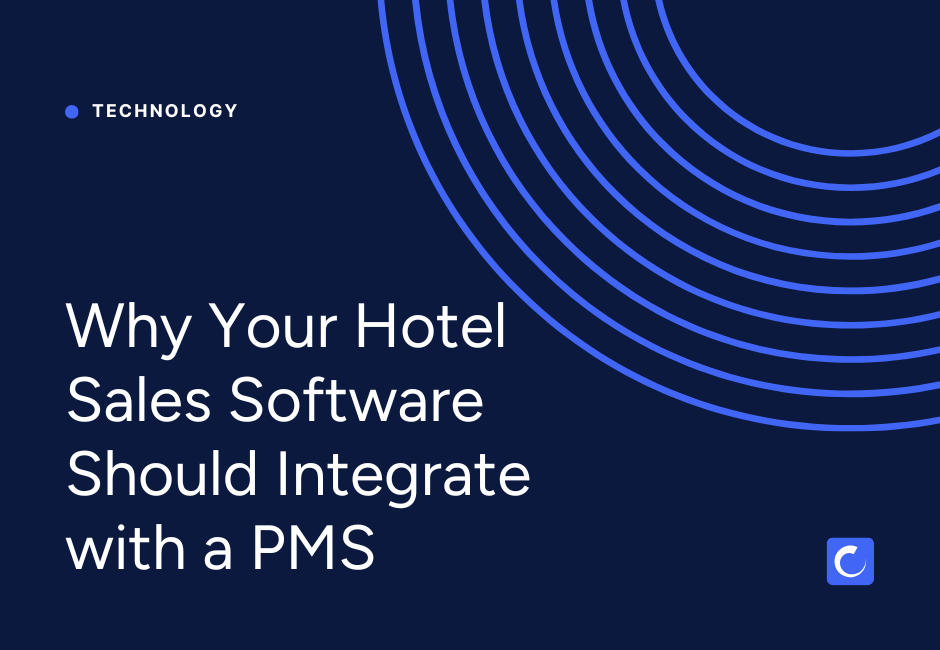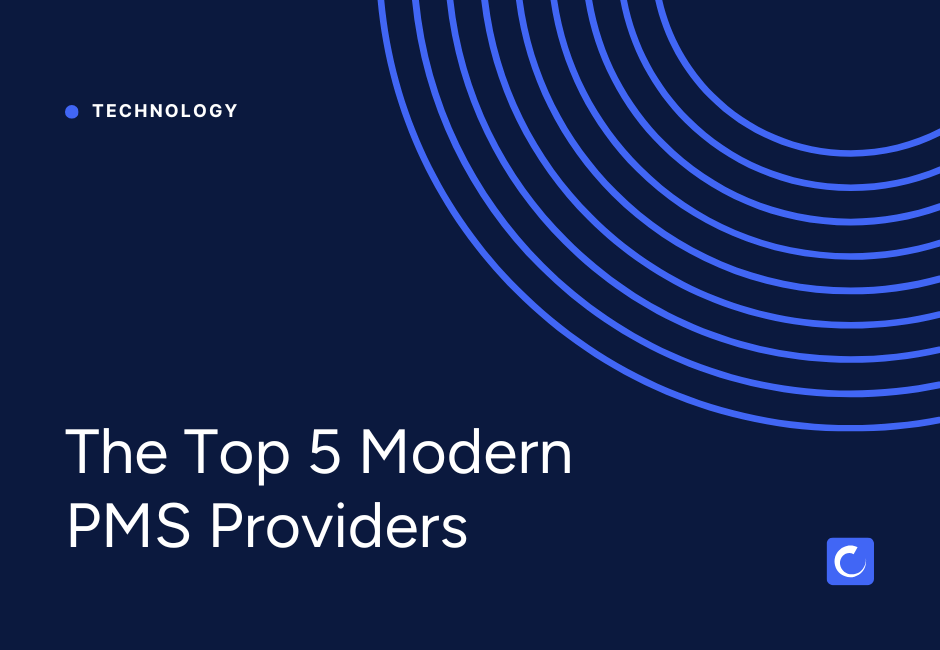.jpeg)
When it comes to managing hotels or event venues, having smooth workflows can be the difference between a seamless guest experience and chaos behind the scenes. Let’s dive into how workflows can not only streamline operations but also increase revenue and efficiency, all while improving team coordination. I’ll walk you through some examples of automated workflows and how they help your business, so you can see how they directly drive results. If you are curious to learn more, you can check out some venue management softwares that offers it.
What are Workflows in Hotel and Venue Management?
Imagine workflows as a series of automated actions that happen behind the scenes without you having to lift a finger. Whether you're managing room blocks for a group booking or planning a large banquet, workflows make sure that everything is organized, communication flows effortlessly, and tasks are completed without missing a beat.
They’re like your virtual assistant—always on, always working in the background.
For example, when a group’s check-in date is approaching, a workflow can automatically send reminders to both the sales team and the client. Simple, right? But it’s also powerful because it frees your team from manual follow-ups and lets them focus on higher-level tasks.

Streamlining Operations with Workflow Automation
One of the most significant advantages of workflows is automation. You know how hotels and venues are buzzing with activity—clients needing updates, the sales team managing proposals, and event planners needing coordination across departments. Instead of running around trying to keep up, workflows handle these tasks for you.
Let’s break it down with some real-world examples:
Automated Client Reminders
A common scenario—your sales team closes a group booking, and the event is weeks away. Now, how do you ensure that the client feels supported throughout? You can set up an automated workflow that sends them reminders a few days before their booking window closes, gently nudging them to finalize any details.
Example: “Hi there, just a quick reminder that your group’s room block will be released in 48 hours. Let us know if you’d like to extend or confirm the details.”
This small touchpoint can often lead to clients extending their block or booking additional services like catering or AV setups, which boosts your revenue. And your sales team didn’t have to set a reminder on their calendar to make this happen—it’s all automated.
Follow-Up Emails to Keep the Pipeline Warm
Sales cycles can be long in the hospitality industry, and it’s easy for deals to go cold. To keep your pipeline warm, you can create workflows that automatically send follow-up emails based on where the client is in the sales cycle.
Example: “Hi [Client Name], we hope your recent event with us was a great success! If you’re planning future meetings or events, we’d love to help. Let’s chat about your next steps.”
These automated touchpoints not only build relationships but also keep your venue top of mind for the next booking.

How Workflows Improve Efficiency Across Departments
Workflows don’t just help your sales team; they’re equally beneficial across other departments like operations, marketing, and catering. It’s all about ensuring that no task slips through the cracks.
Coordinating Event Logistics
Imagine you’re planning a wedding or corporate event. The moment a client confirms their event, a workflow can kick off that alerts the catering team, sends a notification to the setup crew, and even blocks the required rooms in your venue management software.
Example:
- When the client signs the event proposal, the system automatically notifies the catering team of the menu selections.
- The banquet team receives a reminder two weeks before the event to finalize room setup details.
- The operations manager gets an alert one day before to review any last-minute changes.
Without automation, coordinating all these moving pieces manually would be exhausting and prone to error.
Banquet Event Orders (BEO) Management
Managing Banquet Event Orders (BEOs) is a crucial task in venue management. A well-automated workflow can ensure that once a BEO is generated, it’s immediately routed to the right people (catering, sales, and venue operations) without anyone needing to send an email or Slack message.
Example: “As soon as the BEO is created, the catering manager receives an alert to review the order and confirm the kitchen is ready for the event. Simultaneously, the sales team is notified to ensure everything aligns with the client’s requests.”
This type of automation reduces the chances of miscommunication, leading to flawless event execution.
Boosting Sales and Revenue with Automated Workflows
At the end of the day, increasing sales and revenue is always the goal. Workflows can help you reach that by automating key processes that nurture relationships, improve guest experiences, and boost upselling opportunities.
Cross-Selling and Upselling
Once a booking is confirmed, a well-crafted workflow can trigger an upsell campaign to offer the client additional services, such as AV equipment, catering upgrades, or extra room nights.
Example: After booking a conference room for an event, an automated email goes out suggesting an AV package or coffee breaks at a discounted rate.
By offering value-added services at just the right moment, you’re increasing the client’s spend with little effort from your team.
Booking Pipeline Insights
Your sales team can also benefit from workflows that provide data on the sales pipeline, automatically generating reports on which leads are cold, which need follow-ups, and which deals are about to close.
Example: “A workflow triggers a daily sales report showing which clients haven’t engaged in over 30 days and need immediate follow-up, while also highlighting which deals are close to being finalized.”
This kind of insight helps your team prioritize their efforts on high-value opportunities, saving time and closing more deals.

Integrating Workflows with Hotel and Venue Software
For all this automation to work seamlessly, integration with your existing hotel CRM, venue management software, and other tools is essential. Event Temple, for example, offers robust integrations that allow workflows to run smoothly across different platforms, ensuring that every part of your business is connected.
Example: “When a new booking is made through your venue management software, a workflow can automatically update your CRM with the client’s details, ensuring that no manual data entry is needed.”

Conclusion: Making Workflows Work for You
Workflows are much more than just a series of automated actions—they’re the foundation of a well-oiled hotel or venue management operation. By automating everything from client follow-ups to cross-department coordination, workflows free up your team to focus on what matters most: delivering exceptional guest experiences and driving revenue.
So, are you ready to let workflows take the heavy lifting off your plate? Connect with Event Temple to learn more.



